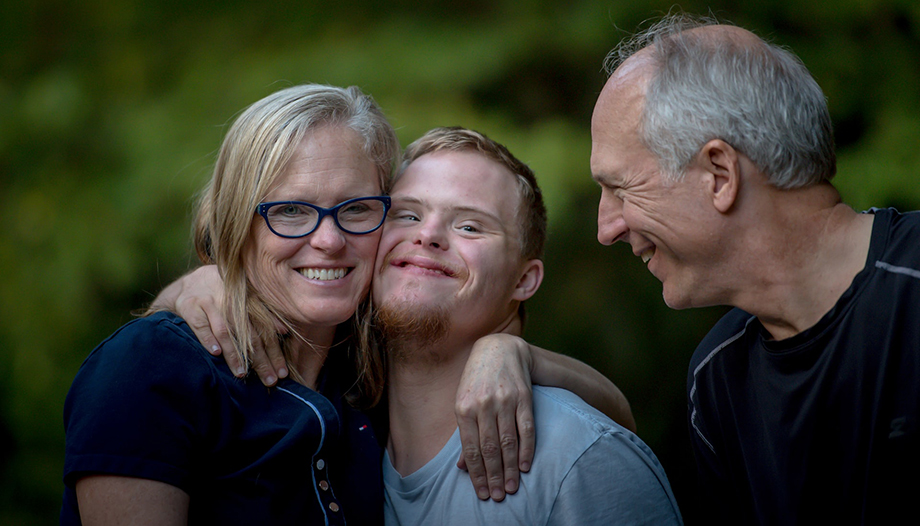Translation of the article into English
That the European Court of Human Rights considers that to show that persons with disabilities have Down syndrome should not be shown happy and normal would be a bad joke in a dystopian world if it were not for the fact that it is real. It happened on September 1 of this year.
Indeed, this Court, which, according to its name and office, is the ultimate guardian of the fundamental rights of individuals, does not seem to consider human beings, or at least subjects of law, as human beings. down. The video in question is a marvel addressed to a future mother of a Down's child. The argument used by the Court of some human rights is that such an approach can make women who decided not to continue with the pregnancy feel guilty when they knew that the child could be born with this genetic alteration.
The history of this sentence is available at various sites well explained, so I will not dwell on it. It frightens me to see how an instance that was born - like several others, from the experience of the terrible world wars, in particular, from the terrible violations of human rights, exterminations and systematic massacres perpetrated by the Nazi ideology - is capable, a few decades later, of differentiating between people who deserve to be treated and shown as such and people who do not.
The yellow stars have been replaced by the diagnosis of trisomy 21 but, ultimately, the result is the same: they are not considered people. They do not deserve to be shown as those who do meet "their standards." They do not deserve to be happy. They cannot, following the argumentation of the French Audiovisual Council supported by the ECHR, remind us that we all have defects, even if we are not slant-eyed.
They must be prevented from remembering that a monochromatic and "free of the syndrome" society is not only a monochromatic and downThe "generation with the highest consumption of antidepressants, the highest suicide rate and the highest number of young people under 20 years of age who consider themselves to be unhappy.
It has taken us less than 100 years to return to restricted rights; to having those who decide who should and who should not live, who can or cannot be happy.
Today are the down those who cannot be happy, tomorrow it may be the deaf, the bald, those who are slightly overweight, or families with children or the terminally ill or those who take anxiolytics who cannot be happy because it is considered that it may make those without children or those who have depression feel guilty.
Just as in the past discrimination was based on skin color, accent or region of origin, today it is based on a - sometimes even erroneous - prenatal test.
Today, in a first world in which these people - who before often did not leave their homes - finish a career, work, live alone, compete worldwide in sports, are runway models or even help take care of their families, they want to put them back inside four walls for the fact that they are different. For the fact of showing that yes, the varied world is a richness, that they too, like you and me, make this world better.
Director of Omnes. Degree in Communication, with more than 15 years of experience in Church communication. She has collaborated in media such as COPE or RNE.









